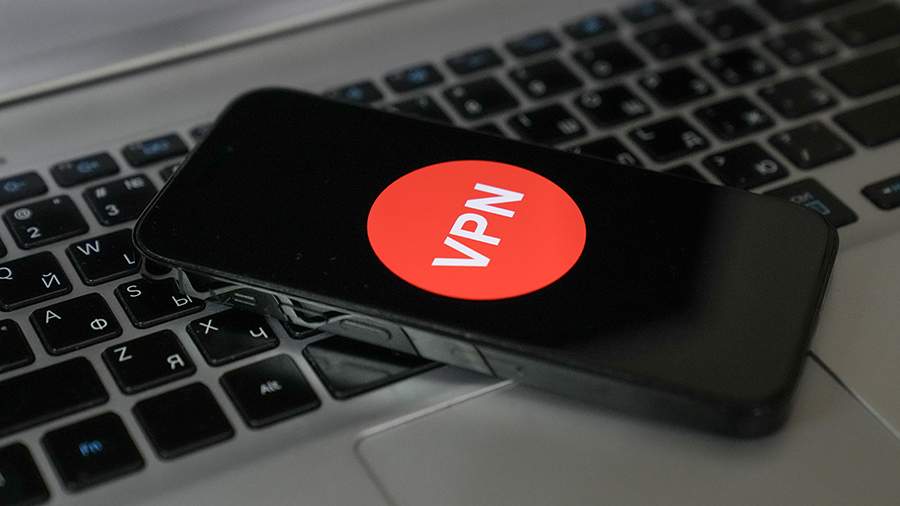The State Duma pointed out the danger of using VPN services.

VPN services do not provide complete user anonymity and reliable protection against threats, while they can collect and sell data about their online activities. Anton Nemkin, a deputy of the State Duma, warned about this on June 28.
"The demand for VPN services in Russia is still high. But along with popularity, the number of misconceptions is also growing. Many users are confident that a VPN provides complete anonymity, hides all activity and reliably protects against any threats. In practice, this is not the case," he said in an interview with RIA Novosti.
The MP noted that VPN services encrypt Internet traffic, but they do not make the user completely invisible. Nemkin noted that visitors to the site can still track a person using cookies, browser fingerprints and authorization.
In particular, the deputy stressed that free VPNs are particularly dangerous. According to him, over the past few years, there have been many cases of selling Internet users' data. He clarified that after connecting to the services, phishing, Trojan viruses, and malicious extensions get on the device.
"If you don't pay for the product, most likely you are the product. There were cases when VPN services recorded user activity, logged access to websites and even transferred them to third parties, including advertising agencies," the deputy added.
Nemkin called on Russians to be "digitally aware" and use critical thinking when connecting to the Web. He also stressed that a VPN is a tool, not an armor, and is useful when used correctly and as part of a broader cybersecurity strategy.
On June 22, Ivan Glinkin, an expert in infrastructure testing at Bastion, informed Izvestia about the appearance on marketplaces of routers with a pre-installed connection to VPN services that do not require user participation. According to him, such devices can pose serious risks to information security.
Переведено сервисом «Яндекс Переводчик»
